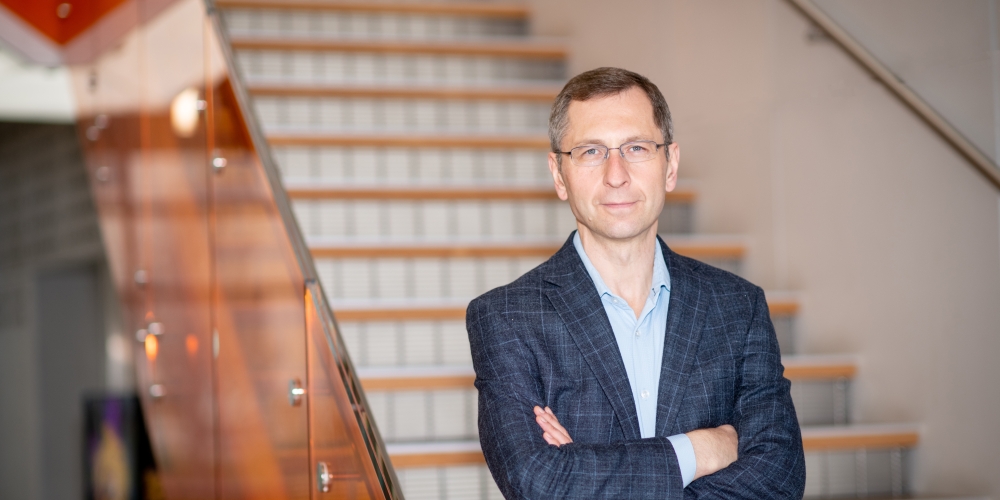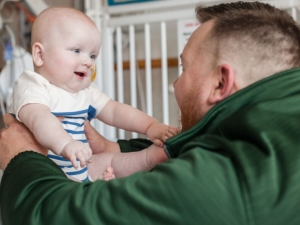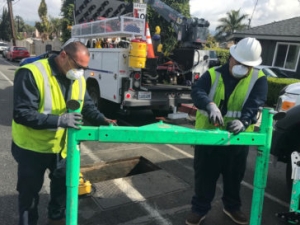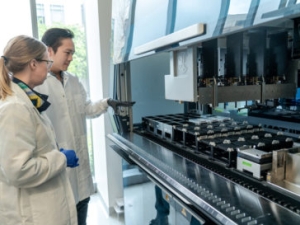

Research Bio
Fyodor Urnov is a Professor of Molecular Therapeutics at UC Berkeley and a Scientific Director at its Innovative Genomics Institute (IGI). He co-developed the toolbox of human genome and epigenome editing, co-named genome editing, and was on the team that advanced all of its first-in-human applications to the clinic. He also led the effort that identified the genome editing target for an approved medicine to treat sickle cell disease and beta-thalassemia. A major goal for the field of genome editing and a key focus of Fyodor's work is expanding access to CRISPR therapies for genetic disease. As part of that effort Fyodor directs the Danaher-IGI Beacon for CRISPR Cures - a first-in-class academia-industry partnership developing and advancing to the clinic scalable CRISPR-based approaches to treat diseases of the immune system.
Research Expertise and Interest
CRISPR gene editing for clinical applications
In the News
Infant Born With Deadly Disease Now Thriving Thanks to Customized CRISPR Treatment
Campus lab takes COVID-19 testing to utility workers, underserved
UC Berkeley scientists spin up a robotic COVID-19 testing lab
Featured in the Media
“We have been moving in the direction of thinking about CRISPR as a platform for some years,” said Jennifer Doudna, a professor, Nobel laureate and founder of the Innovative Genomics Institute. The article also quotes Fyodor Urnov, a scientific director of the institute.
Scientists behind a world-first gene therapy — including Professor of Molecular Therapeutics Fyodor Urnov — reveal how they teamed up with experts across academia and industry to produce a drug from start to finish in just six months.
Fyodor Urnov is part of the team that worked on a novel, on-demand CRISPR theray to treat a newborn boy diagnosed at birth with a rare and potentially fatal genetic disease.
Fyodor Urnov, professor of molecular and cell biology and scientific director of technology and translation at the Innovative Genomics Institute, discusses the future of CRISPR-based cures.
Nobel laureate and Professor Jennifer Doudna will oversee the new center’s work alongside Fyodor Urnov, Doudna’s fellow Berkeley professor.



